What direction, how much, and when will the stock price change? These are all questions you need to know in order to successfully trade stock options.
Stock options trading is more complicated than stock trading. Your broker will fulfill your order at the current market price or a price you select as long as you specify the number of contracts you desire. To create a trading account for options trading, you’ll need to have some knowledge of tactics that are a little more sophisticated than trading stocks.

A step-by-step guide to options trading
Open a trading account for options
Trading options require a certain level of expertise, and because of this there are a few extra requirements before you can get started. Creating an options trading account is more expensive than opening a brokerage account for stock trading. When it comes to options trading, brokers want a little more information about the person they’re dealing with before they permit them to open an account.
To analyze the expertise, knowledge of risks, and financial preparation of potential options traders, brokerage companies conduct screenings. An options trading agreement will be used to obtain broker clearance for these facts.
(Please note: The requirements can vary from broker to broker and will depend on the trading account and options trading level you’re applying for. For a basic options trading account, some brokers only require a little extra capital in order to approve your account.)
Some brokers require you to supply your:
- Aims in investing. Income, expansion, preservation of capital, and speculative activities all fall under this category.
- Experience in trading. The broker needs to know how much you know about investing, the length of time you’ve been trading stocks or options, and the number of your trades.
- The specifics of your financial situation. This can include how much cash you have on hand, your annual income, overall net worth, and information about your job.
- Choosing the trade set ups. Some brokers will quiz you on your understanding of options. For example, they may ask you to explain a spread, a call, or a put. They may also ask you the difference between covered and naked options.
The broker normally provides you an initial trading level based on the degree of risk you indicate in your responses (typically 1 to 5, with 1 being the lowest risk and 5 being the highest). You’ll need this if you want to trade in specific types of options.
You need to screen your broker!
Choosing a broker to trade options with is the most critical decision you will make. For investors who are new to options trading, finding a broker that provides the tools, information, guidance, and support you need is critical.
Decide whether to purchase or sell certain options
Call options are contracts that allow you to buy a stock at a specified price (the strike price), but you aren’t obligated to do so.
An option to sell shares at a certain price before the contract expires is known as a “put.” (For more information on trading options, you might want to see our free course on how to find stocks that have the potential to explode higher in price.)
The type of options contract you choose will be determined by the direction you predict the underlying stock to go in.
You would buy calls if you believe the stock price will increase or puts if you think the price will decrease.
You can purchase both pus & call options in the same transaction.
If you think a stock will remain at a certain level, you can also sell options.
Predict the strike price of an option
An option contract has to be “in the money” for it to have any value.
For this to happen, you have to choose a price level that you think the stock will be above or below.
This is called the strike price.
In the case of calls, the price of the stock must be above the strike price for the contract to be in the money.
For puts, the price of the stock must be below the strike price for the contract to be in the money.
If you sell a call or a put, then for either to be in the money, the above scenarios would be reversed.
The amount you pay for an option contract (referred to as the premium) includes both intrinsic and time value components. If the stock price is higher than the strike, the intrinsic value is the difference between the strike and the share price. A stock’s “time value” is based on its volatility, the expiration date, and interest rates, among other considerations, as well.
Decide on a time range for the options
Options contracts have a designated expiration date that identifies when you can exercise the option. You can’t just choose a date out of thin air in this case.
And when you look at the list of available options (called option chain) you can see all the available time frame options.
Options contracts are classified as either American or European based on when the option can be exercised. American options can exercise at any time before the expiration date, but European options can only exercise on the day of expiration. Due to its greater freedom for the option buyer (and more risk for the option seller), American options often cost more than European options.
Days, weeks, months, and even years are all possible expiration dates. The most experienced options traders avoid trading daily and weekly options because of their high level of risk. Monthly and annual expiry periods are best for long-term investors. Your investment thesis will have more time to play out with longer expiration dates. But this longer expiration period also means that the options will be more expensive to purchase.
Even if the stock falls below the strike price during the contract, so long as there is still time left before the expiration date, the option will still have some value. (Because there is still a certain amount of time left for the trade to fluctuate.)
Get Hedge Fund Beating Options Trades Delivered to Your Inbox!
Tired of missing out on the huge gains in the market?
Wishing you knew which trades had the best odds of succeeding?
Would you like to know EXACTLY how & which trades to place WITHOUT having to spend years learning?
Well now you can let our Team of Trading Experts & Exclusive AI Trading Software do the work for you!
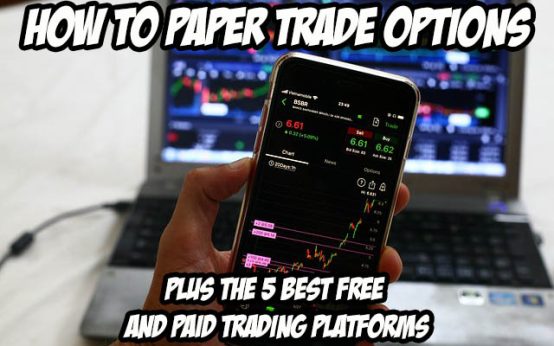 How to Paper Trade Options – Plus The 5 Best Free and Paid Trading Platforms
How to Paper Trade Options – Plus The 5 Best Free and Paid Trading Platforms 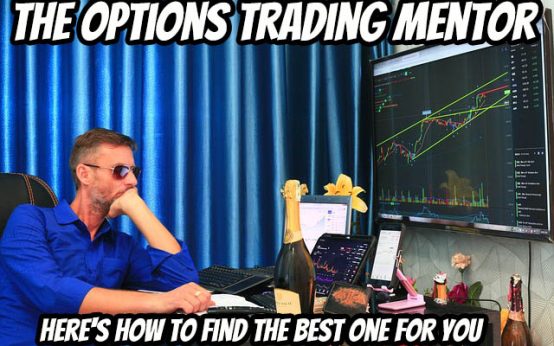 The Options Trading Mentor: Here’s How to Find the Best One for You
The Options Trading Mentor: Here’s How to Find the Best One for You 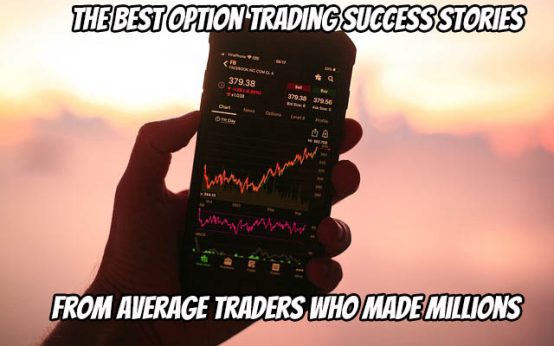 The Best Option Trading Success Stories from Average Traders Who Made Millions
The Best Option Trading Success Stories from Average Traders Who Made Millions 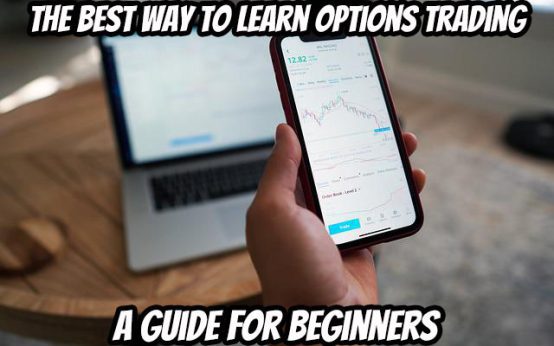 The Best Way to Learn Options Trading: A Guide for Beginners
The Best Way to Learn Options Trading: A Guide for Beginners 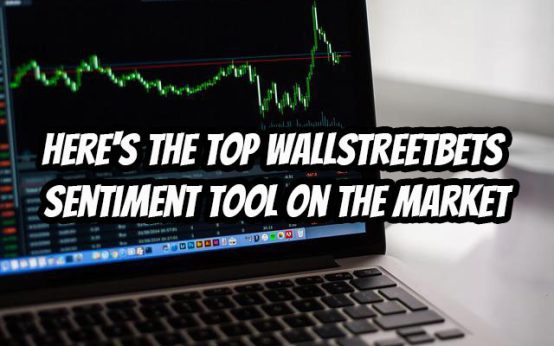 Here’s The Top WallStreetBets Sentiment Tool on The Market
Here’s The Top WallStreetBets Sentiment Tool on The Market 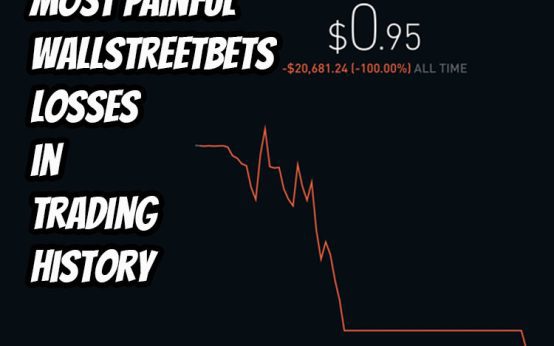 The Biggest and Most Painful WallStreetBets Losses in Trading History
The Biggest and Most Painful WallStreetBets Losses in Trading History